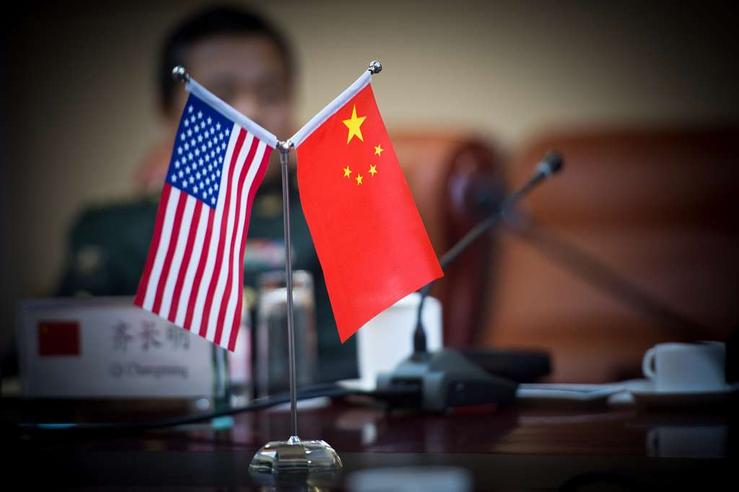The News
US and Chinese defense chiefs held their first face-to-face talks in 18 months in Singapore on Friday, discussing issues that have been at the center of their fraught relations, including Taiwan and China’s role in the Ukraine war.
Chinese Defense Minister Dong Jun told his US counterpart Lloyd Austin that the two countries should adhere to the bottom line of “non-conflict and non-confrontation,” the South China Morning Post reported. Beijing’s spokesman told reporters the discussions were “positive, practical and constructive,” but cautioned that one meeting was not enough to resolve all bilateral disputes.
The two defense chiefs confirmed plans to renew military communications and to convene a crisis-communications working group by the end of the year.
SIGNALS
Setting up hotlines won’t be enough
Creating a hotline for military-to-military communication between the US Indo-Pacific Command and China’s Eastern Theater Command would be a “positive move” but is a limited step because of how China approaches crisis communications, a senior fellow at the Asia Society Policy Institute told Semafor: “Every single thing that is said by the PLA [People’s Liberation Army], at any level, has to be vetted, approved, and run up the chain in Beijing.”
US and China can’t break out of their competitive dynamic
China and the US are caught in a Thucydides Trap dynamic that forces them to live with the contradictory imperatives of both competition and cooperation, national security expert Graham Allison — who more than a decade ago popularized the notion that the two countries are locked in such a dynamic — wrote for the Brookings Institution. So far, the “astronomical costs” of conflict has kept things stable, a senior advisor at the Center for Strategic International Studies argued. But the Biden administration also needs to institutionalize its China strategy in the lead up to the US elections, he wrote.
China may be rooting for Trump
Bilateral ties risk becoming more “confrontational” and entering a new round of decline if Donald Trump is re-elected, a professor of international relations at Peking University told the South China Morning Post. But China is well-prepared for any hardline policies Trump might introduce and “may even be able to reap some benefits,” The Diplomat argued. Indeed, from the perspective of Beijing’s long game vis-à-vis the West, China may be rooting for the “chaos, the divisions, and the hit to US prestige that [a Trump victory] would unleash,” a columnist wrote in Foreign Policy.



